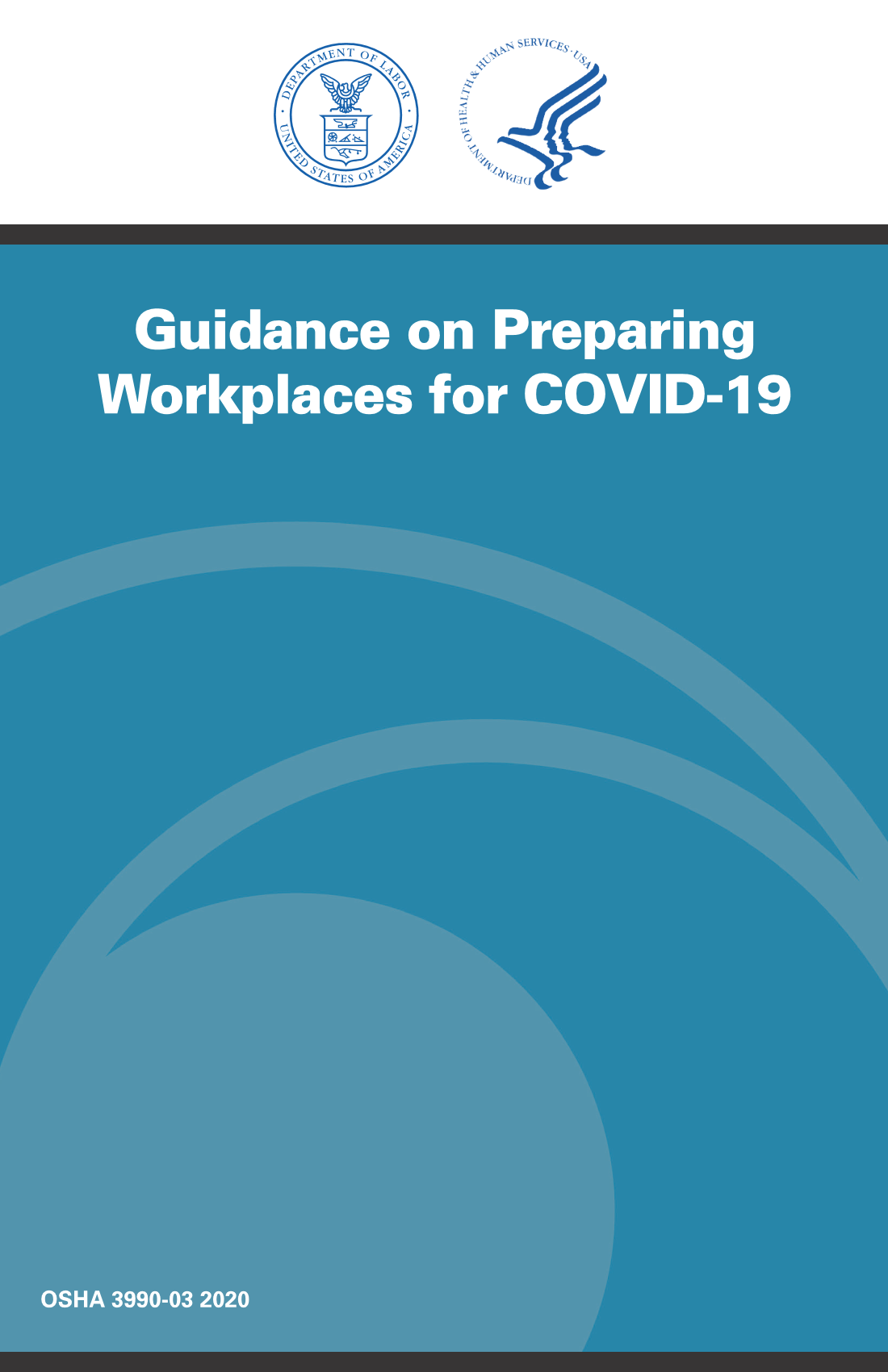COVID-19 has upended the entire world, and the Human Resources industry is no exception. With fluctuating infection rates and conflicting official guidance, organizations will need to adapt quickly if they want to succeed in the post-coronavirus landscape. HR Teams stand at the forefront of these efforts. For years, HR departments have been tasked with ushering in fundamental workplace changes, and this moment is no different.
Here are 5 ways the coronavirus is reshaping the HR landscape and HR leaders can adapt to these new challenges.
Greater Remote Working Opportunities
When nonessential businesses were shuttered earlier this year, many couldn’t function at all. Only organizations with some remote-capable workers were able to maintain operations. This has pushed business leaders to consider whether there are areas where they can expand their remote-working roles. Technology giants like Twitter and Facebook have already signaled that they will extend remote opportunities to employees who want them. Having at least some employees who can work from home enables adaptability if the workplace must close suddenly. Such arrangements can also reduce costs, especially if they allow a business to reduce its office footprint and pay a smaller lease.
More Mental Health Benefits
Reopening a business does not erase the hardships endures by its employees during its closure. Employees may still be struggling with mental health issues that can impact their performance. Even workers who were fortunate enough to continue working through COVID-19 may be suffering from mental health issues that can lead to burn out. Employers are beginning to take steps to reduce the mental health burdens of employees. Many are already offering mental health benefits, including counseling and access to health professionals. Some businesses are simply working with employees to accommodate their needs. This can be mean offering flexible scheduling, reduced work hours, or other holistic approaches.
Virtual Training Solutions
As remote working has shown, employers are eager to maximize their virtual capabilities. Virtual training is another way they’re doing so. This training is just what it sounds like: employee learning conducted online, through an app or some other virtual platform. Even employers with no remote workers should consider virtual training. Not only does it reduce face-to-face interactions (critical during a pandemic), but it can help learning retention. Companies like Walmart, Home Depot and Best Western are already using virtual training solutions. Expect more companies to do likewise in the near future.

Virtual Interviewing
Virtual Interviewing is the safest option during the coronavirus pandemic, but will likely remain a popular solution for employers post-coronavirus as well. Virtually interviewing can save time and resources for both employers and candidates, since there is no commute nor meeting space involved. Virtual interviews can also help employers draw from a larger talent pool, since many people primarily search for jobs online anyway. Many job seekers frequently use websites such as LinkedIn, Indeed, and Handshake. Having the ability to recruit from one of these sites, then seamlessly move to a virtual interview, could help employers recruit new talent faster.
Reskilled Workforces
Worker reskilling is perhaps the most significant way COVID-19 is reshaping HR at the moment. Employees must learn brand new processes, workflows and standards in order to function in a post-coronavirus workplace. These elements may include stricter hand-washing guidelines, social distancing protocols and updated customer-interaction policies. Some employers are going beyond health protocols, instead opting for a holistic approach to training. Companies like Amazon and AT&T are investing in training solutions to ensure a more dynamic, capable workforce. These training efforts may include developing social skills, resiliency, critical thinking and other soft skills. By improving these qualities, employers are investing in their workers and, ultimately, providing a better overall product.
These are only some of the ways COVID-19 has reshaped the HR landscape, but there are surely more changes to come.As more challenges arise and circumstances evolve, employers must adapt as well if they want to stay competitive.
These are only some of the ways COVID-19 has reshaped the HR landscape, but there are surely more changes to come.As more challenges arise and circumstances evolve, employers must adapt as well if they want to stay competitive.









